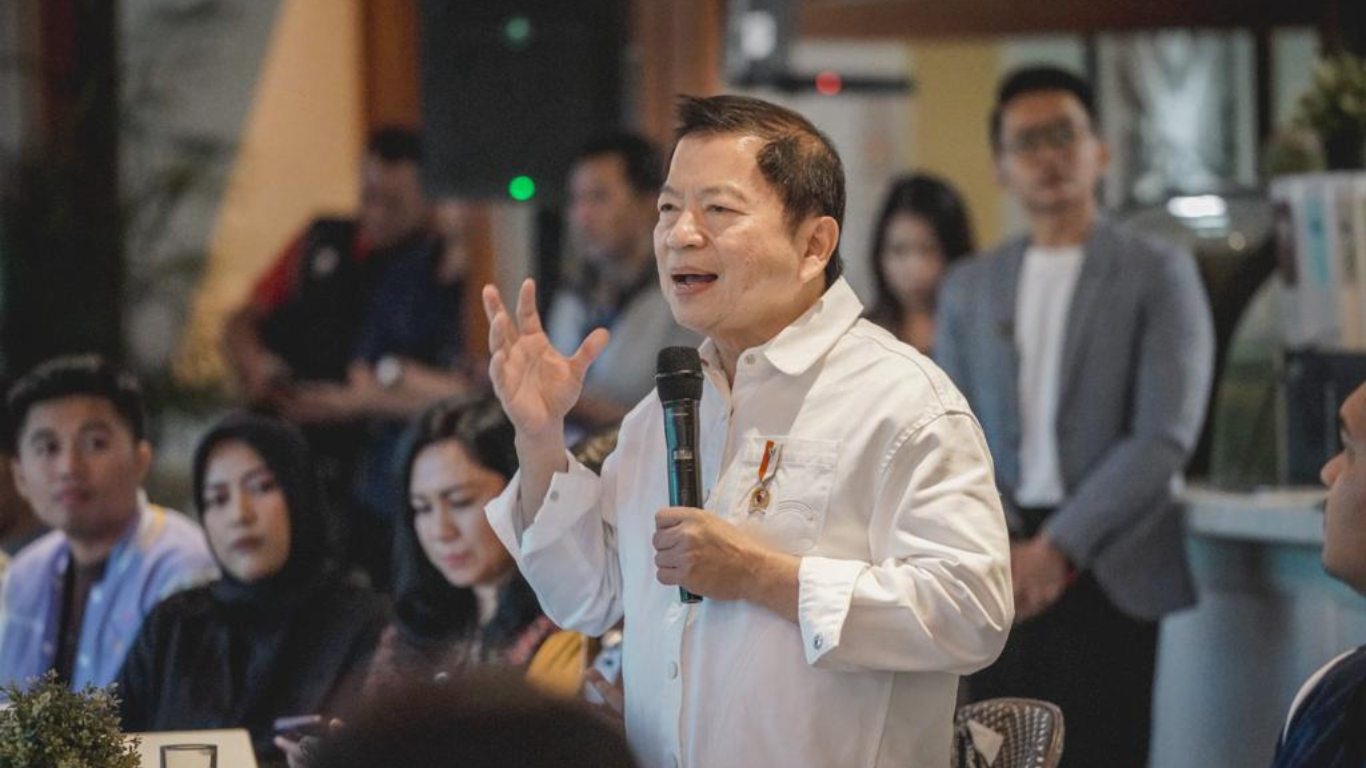Bappenas & Kemenpora Hold Talks With Young Figures to Discuss Direction of Golden Indonesia 2045 Vision
Prime News - Wed, 10 January 2024

The Minister of National Development Planning/Head of Bappenas Suharso Monoarfa, together with the Minister of Youth and Sports Ario Bimo Nandito Ariotedjo, held a cross-generational dialogue to gather aspirations and input regarding the strategy to realize the Golden Indonesia 2045 Vision in Jakarta, Wednesday (10/1).
"I need to emphasize how important the preamble to the opening of our 1945 Constitution is, which contains the eternal vision of the Republic of Indonesia. Indonesia can continue to grow and develop from that vision. If we don't have a vision, or national ideals, then the country will be directionless," explained Minister Suharso during the talk.
Minister Dito stated the importance of these talks as emphasizing the crucial role younger generations that work in politics and the professional world have in providing input to sharpen the direction of the 2025-2045 National Long Term Development Plan (RPJPN).
"In order to finalize the 2025-2045 RPJPN, a lot of input is needed on what government policies should be included in the 2025-2045 priorities. We have to admit that currently Indonesia's focus is being divided by the 2024 elections. In fact, we have to work more intensely in order to ensure sustainable development," explained Minister Dito.
The 2025-2045 RPJPN targets Indonesia's per capita income to be equivalent to developed countries, reaching USD 30,300 in 2045. The Ministry of National Development Planning/Bappenas has calculated that the global upper middle income country threshold will reach USD 22,000 in 2045. For this reason, Indonesia must be able to exceed this target if it wants to be considered a developed country. Through this dialogue, Minister Suharso received input from young people regarding the strategies that Indonesia should implement to achieve this goal.
Some of these inputs include ensuring continuity between the industrial world and the world of education, transforming social security schemes (especially for informal workers), the importance of mental health, transforming public governance, involving the role of young people, ensuring meritocracy, and the importance of happiness.
"The preparation of the 2025-2045 RPJPN is indeed evidence based, but it must also be ascertained whether it can be achieved or not. We cannot set targets that we can't achieve. That is why reform alone is not enough. Transformation is needed," concluded Minister Suharso.


